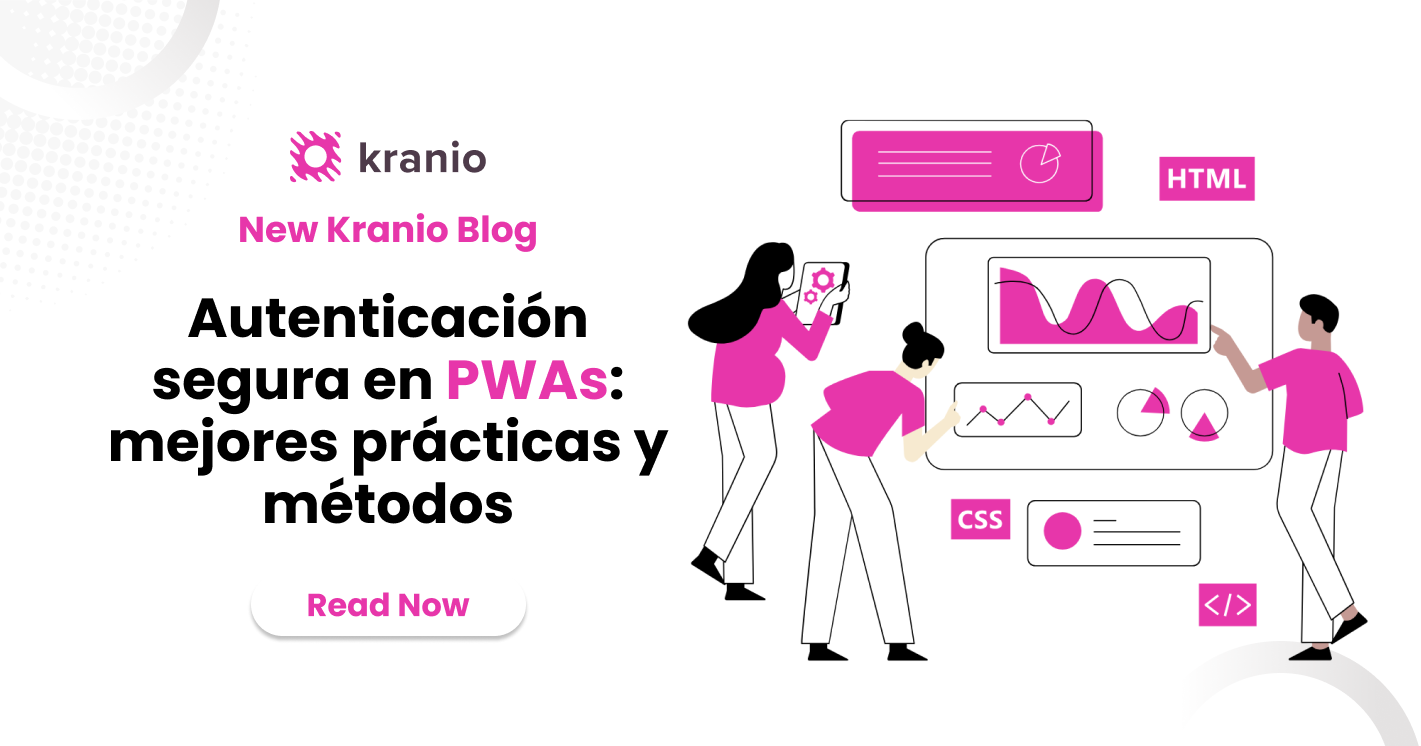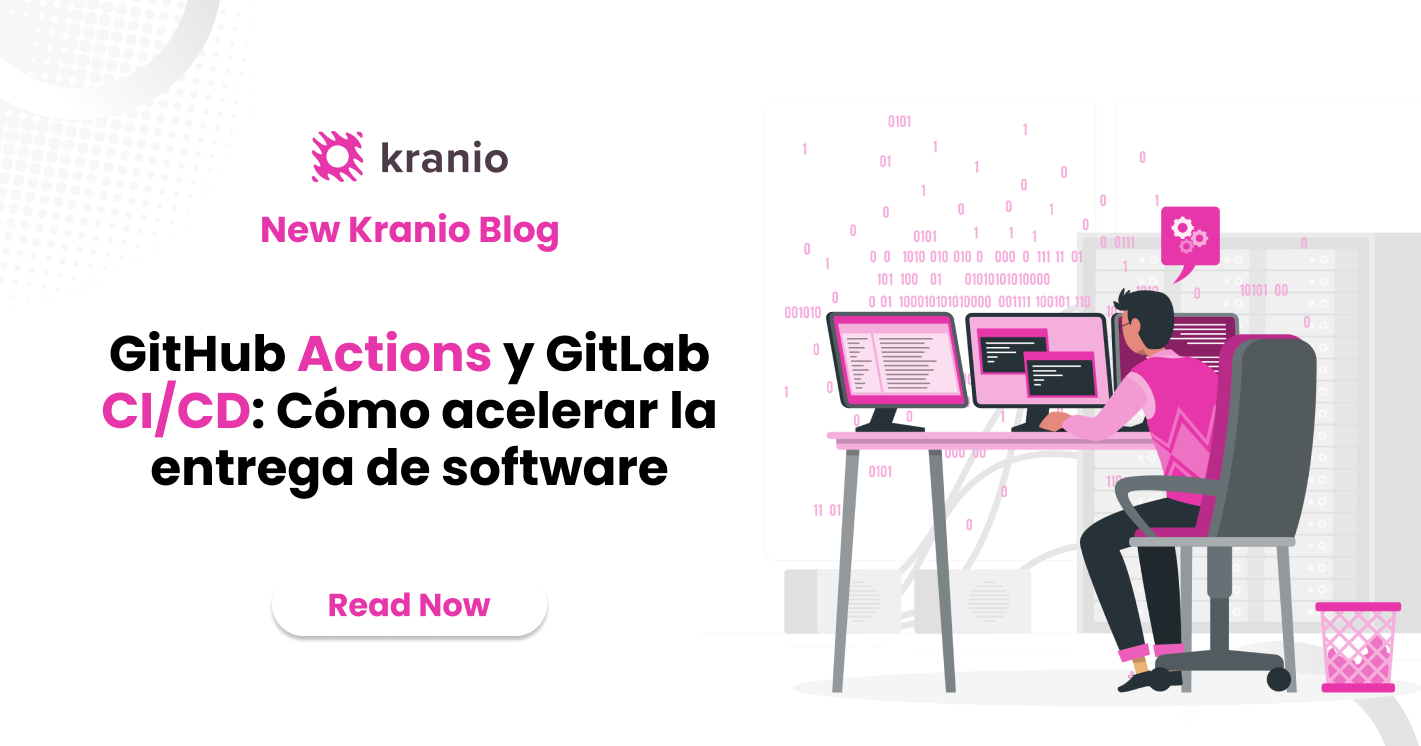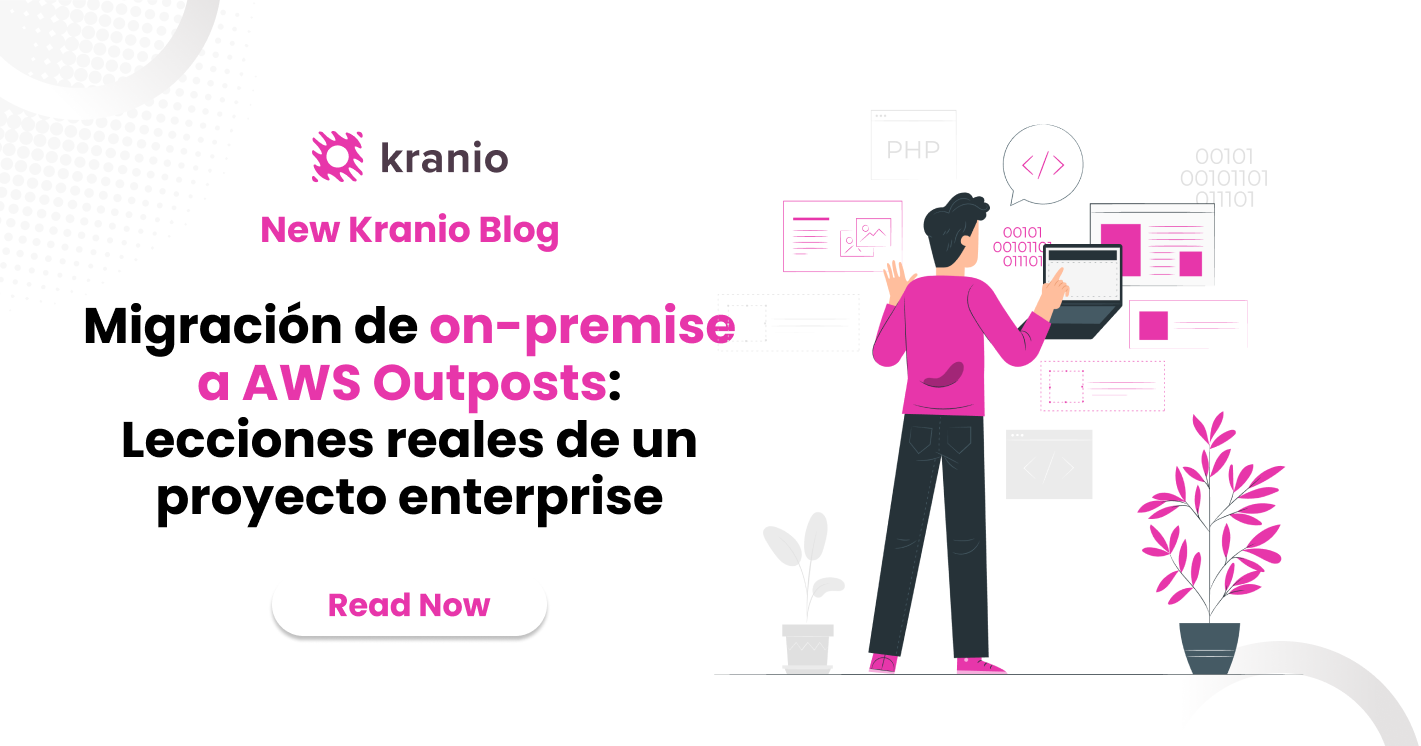How to become a Consultant
If you're here, you're probably wondering how to become a technical consultant, the mysteries behind it, and the main steps to becoming one. Maybe I don't have all the answers you need, but I'm going to tell you about my experience after a year as a consultant.
A little bit about my story. I come from a super technical background, for my final project at university I made a surveillance robot, with complex machine learning algorithms for a computer vision application with AWS Kinect. I also worked with Backend in many languages and different frameworks in different companies, I participated in the development of mobile applications, including Cloud with DevOps.
DataOps Consultant
But, in the last year I started the role of Consultant, and this took me out of my comfort zone, without knowing much about it. Would you stop developing? How much about business culture should I learn? What is the impact of my advice and recommendations for client companies? These were some of my questions whose answers I couldn't find the answers to until I started.

First of all, let me describe my role, today I am a DataOps/Cloud consultant, what does this mean? Aporto to customers the knowledge of how to plan and create the infrastructure to start a data culture within the company, all using cloud services such as AWS, Azure and Google Cloud, so we work with concepts such as DataLakes, BigData pipes, Process Orchestration, Data Analysis and many others. If you don't really understand what a DataOps Consultant is, don't worry. The important thing is to keep these two things in mind when you decide to become a consultant:
- One works with and for the client
- The quality of our delivery is the basis of the relationship
Consultant and clients
I'll start by saying what I think is the most important topic for a consultant, all clients THEY ARE part of your company, and your company is part of theirs, but what does this mean? Remember when I said that I have a very solid technical background? My consulting concept was that the client asks you to do something, you go and create a solution and deliver it to the client and, if this is the wrong decision and things go wrong, it's their fault, because the client decided to do it, but this is what I think should be different. If you think that, as a customer, both of you could achieve the best solution for the business, always look for all the possibilities. If something goes wrong for the client, your company also loses, the company could even lose the contract, so when the consultant ceases to be an executor of tasks and becomes part of the decision, the relationship becomes a win-win.

Speaking of relationships, this is something very important to achieve a good connection with all customers, both need - THEY MUST - be aligned with ideas and purposes. This will make the project more optimal, with less rework and, most importantly, it will meet customer expectations!
You can be the most capable person in the world and create the toughest software that exists, but if you don't deliver what the customer wants, it doesn't make sense. And by Want, I mean what it provides worth to the customer's business, and not what they ask you to do, these could be two different things. With this, the work environment becomes healthier, your company gains visibility as a company that focuses on providing quality and this allows you to attract new customers.
A small analogy: think of the company as an orchestra, we have the teacher, the guy who manages everyone, some musicians already belong to the orchestra, and there are new invited musicians (our consulting company), if we are not aligned, everything becomes a disaster, and the ultimate goal, the music, will not be heard, but if everything is perfectly synchronized and everyone does their best, we have a wonderful symphony, a result that everyone can admire.

Quality of delivery
The next aspect, as I mentioned before, is quality. Maybe you're asking yourself, and this is so obvious, who wants shoddy service? Well, here I'm referring to quality over time!
In almost every project, we have the following dilemma, we have time to do it, quality and cost, but we can choose only two, if you want a quality project with low development time, it will cost you a lot, if you want a low-cost project with quality, this will take time, and a low-cost project with rapid development, will have poor quality, and this happens because for quality products and services we need Plan and study very well, always look for possibilities, new ideas, because even if the customer wants a short development time, if it does not meet the demand, it will have no use, so, in my opinion, if you want to maintain the good relationship between both companies always, never do anything in a hurry, deliver things patiently and in a way that the quality never drops from what your team can offer.

From what we experience in our company, we believe that the relationship between the client and the consultancy can be divided into three steps. The first is the beginning of the relationship, where the client requests some tasks and we execute them, and in this part we have to try to understand the business, how we can help him, to make better use of our work. The second step is when we already have the customer's trust, now the customer no longer asks us for tasks, instead, they show us problems and, as a consulting team, we propose a solution, the customer trusts us for the best solution and we define what tasks should be performed. And in the third and final step, when we and the client share the same objective, creating strategies together, we identify problems before they become a real obstacle to the business.
Without a doubt, the key to achieving all this is communication, there is no better way to align with the customer than talking to them, understanding their problems, telling them what we are working on. People have different opinions, visions and experiences, and if you include everyone in the process, together, you and your customers can achieve whatever goal you set out to.

Conclusion
In short, being a consultant in any discipline goes beyond providing expert knowledge. It is essential to relate well with customers, to communicate and plan well together to achieve quality results on time.
My conclusion is that we think of our technological works as an exact science, where we have methods and patterns, but in reality today I see it more as an artisanal work. We started with something simple, adapted our knowledge to the customer, what best suits them, and we evolved over time to always have a better solution. And to summarize things, if you start thinking with more empathy, your work as a consultant will get better every day.
Are you looking to transform your technological strategy with experts in DataOps and Cloud?
At Kranio, we have a team of specialized consultants who will help you optimize your processes and achieve your business objectives. Contact us to discover how we can contribute to the success of your company.











.png)
.png)
